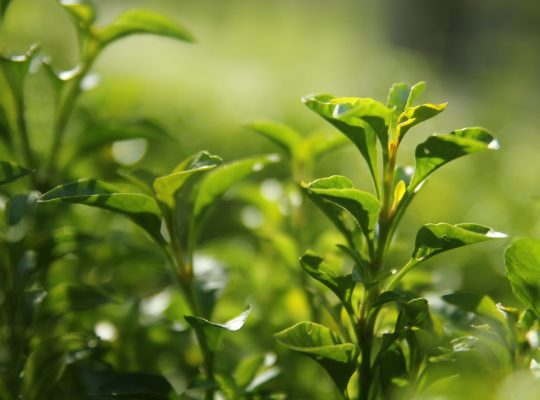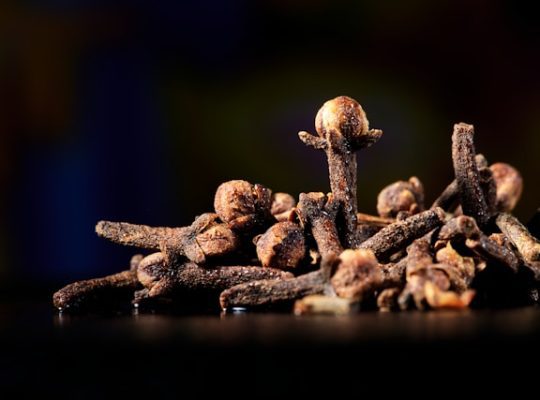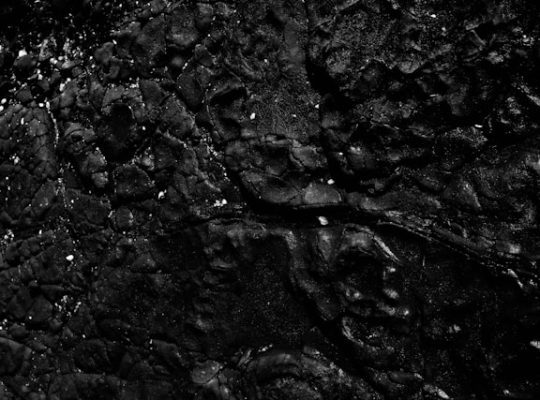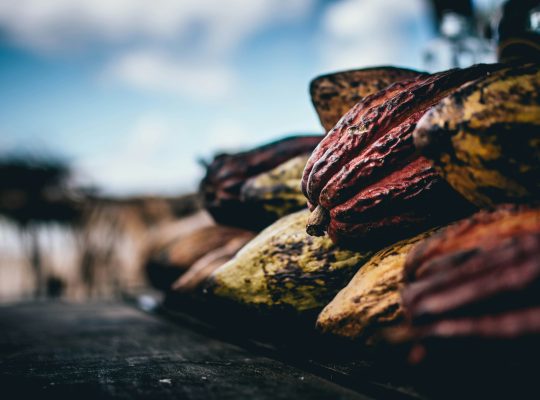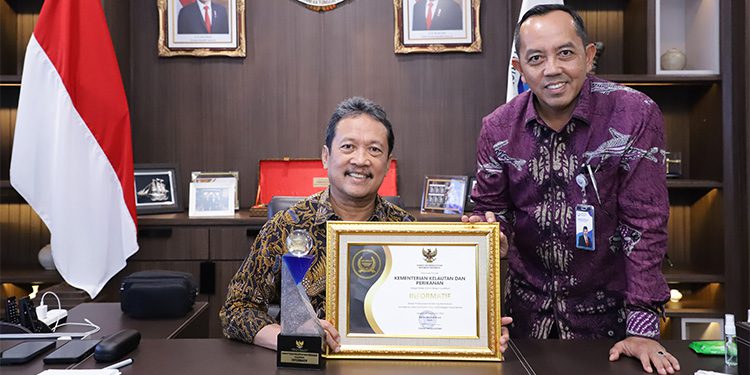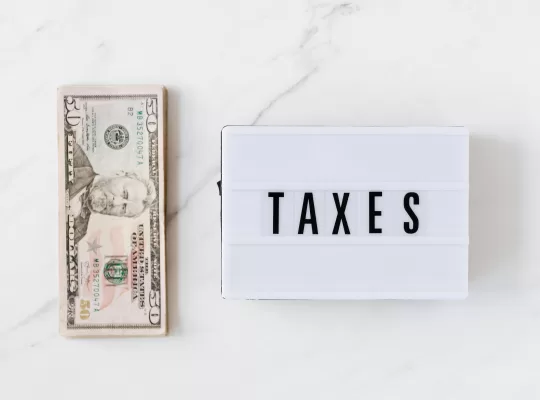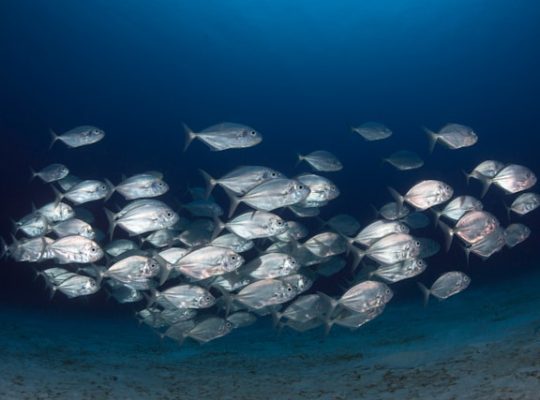The Fisheries Ministry of Indonesia is in action mode, creating both short-term and long-term strategies to handle an overflow of fish catches in the PPS Kutaraja Lampulo, Banda Aceh. This move comes to avoid any repeat of instances where fish had to be discarded.
During a visit to the Lampulo fishing port, the Inspector General of the Ministry, Tornanda Syaifullah, along with Aceh’s Fisheries and Marine Department head, Aliman, emphasized the need for immediate and sustained solutions to secure the fishermen’s economic well-being and promote improvement rather than letting it falter.
This initiative was spurred by an incident where about seven tons of fish caught by Banda Aceh’s fishermen ended up spoiled and unfit for consumption, leading to disposal. To prevent such wastage in future, the central government is focusing its full attention on Aceh and other Indonesian fishing ports.
Tornanda stated that the central government’s response, as directed by the Fisheries Minister, was to coordinate efforts among various stakeholders, including the Ministry, local fisheries authority, community fishing leaders, and business operators.
One of the proposed solutions to this dilemma is the establishment of a fishermen’s cooperative. All members within this cooperative would be expected to commit to its success. The Ministry also plans to repurpose unsaleable or spoiled fish into products such as animal feed and fishmeal.
Considering Aceh’s significant demand for animal feed, which has historically been met by shipments from Medan in North Sumatra, utilizing spoiled fish locally could be doubly beneficial. The Ministry has geared up to furnish the necessary equipment for fishmeal production, which would be operated by the newly established cooperative.
In the short-term, the implementation includes provisioning the cooperative with initial capital and setting up fishmeal machines, aimed at resolving the issue promptly. In addition to preparing fish processing machinery, bringing in buyers from outside Aceh is on the agenda. This aims to help stabilize prices and ensure that the fishermen’s catch garners reasonable returns.
Tornanda envisions that starting small with the fishmeal processing using these machines can be a model for downstream operations. If successful, it could be replicated and transformed, boosting the local fishing economy of Aceh.
This rephrased version ensures that the information provided by the original article is conveyed in an everyday, less formal English while maintaining the focus on Indonesian commodities and specifically addressing the actions to manage the fish overflow in Aceh.


